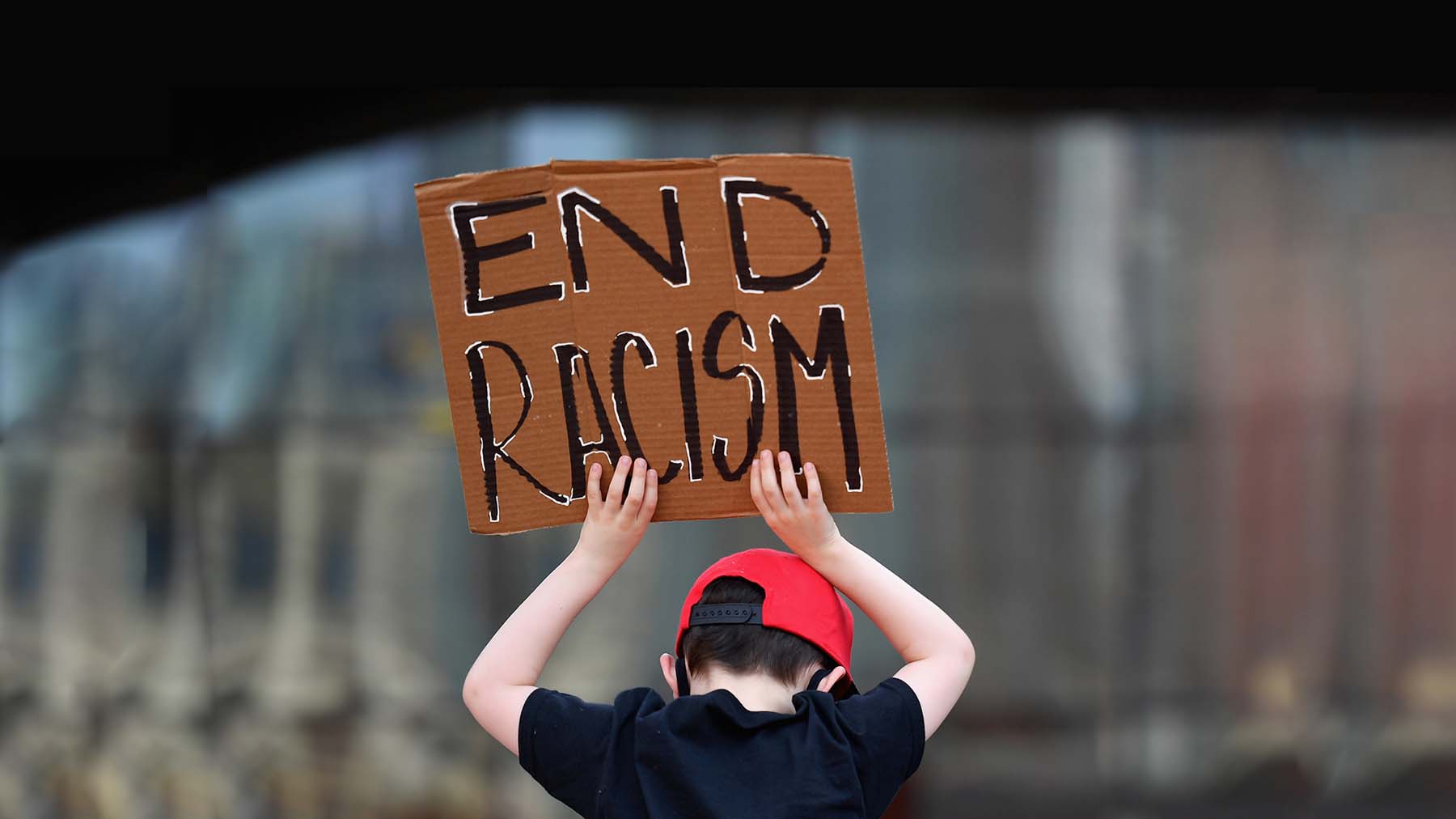Religious tolerance is vital in today’s world, where diverse groups of people of different religious beliefs live together in close proximity. It involves respecting and accepting other religions, resulting in unity, harmony, and peaceful co-existence. This article highlights ten reasons why religious tolerance is essential. First, it promotes unity and harmony among different religions, reducing conflicts arising from religious differences. Second, it enhances interfaith relationships, as social media has made the world more connected than ever before. Third, it encourages open-mindedness and understanding, leading to civil discourse, diplomatic communication, and peaceful dispute resolution. Fourth, it reduces religious violence, benefiting global governments and international communities. Fifth, it promotes cultural diversity, allowing individuals to appreciate and learn about different cultures. Sixth, it enhances religious freedom, promoting democracy and equity. Seventh, it promotes education and understanding, leading to increased knowledge and tolerance. Eighth, it encourages dialogue and peaceful resolution of interfaith conflicts. Ninth, it supports human rights by protecting the freedom of conscience, belief, and religion. Tenth, it encourages social cohesion, which is vital for the stability and prosperity of society as a whole. Religious tolerance should be a top priority for society, empowering individuals to create an inclusive and sustainable future.
1. Promotes Unity and Harmony
In today’s world, diverse groups of people live together in close proximity. Religious tolerance promotes unity and harmony among different religions, restricting conflicts arising from religious differences. When individuals learn to respect other religions, they can accept and appreciate each other’s cultural and moral values, social systems, ethnicity, and traditions.
2. Enhances Interfaith Relationships
International developments and social media have made the world more connected than it was in the past. Therefore, the need to develop interfaith relationships has become more critical. Religious tolerance plays an essential role in maintaining the peaceful co-existence of different faiths. It provides equal opportunities for individuals from different religions to learn about each other, cooperate in common causes, and promote peace-building processes.
3. Encourages Open Mindedness and Understanding
Religious tolerance promotes open-mindedness, which facilitates understanding between individuals from different religions. It promotes respect and understanding between people of different faiths, even in cases where there are significant differences in beliefs and practices. Open-mindedness allows for civil discourse, diplomatic communication, and the peaceful resolution of disputes.
4. Reduces Religious Violence
Religious tolerance is essential to mitigating religious fanaticism and violent extremism around the world. Religious tolerance fosters a more peaceful and tolerant world, enabling individuals to resolve their differences peacefully. Reduced religious violence benefits global governments and international communities at large, as it significantly reduces the illicit activities of extremist organizations.
5. Promotes Cultural Diversity
Religious tolerance promotes cultural diversity, resulting in a world of many different cultures, religions, and beliefs. It supports the peaceful coexistence of religious communities, allowing the sharing of knowledge, artistic expression, and cultural exchange. Cultural diversity provides an opportunity for individuals to learn and appreciate different cultures while developing mutual respect and understanding.
6. Enhances Religious Freedom
Religious tolerance promotes the right to religious freedom, empowering individuals to freely practice their religion. It allows freedom of expression, assembly, and the right to form religious associations irrespective of color, class, or gender. Religious freedom is a fundamental human right and essential to maintaining a democratic and equitable society.
7. Promotes Education and Understanding
Religious tolerance increases the knowledge and understanding of individuals from different religions. The ability of individuals to access and understand the religious beliefs and traditions of others facilitates learning and the creation of knowledge. Education and knowledge promote tolerance and understanding.
8. Encourages Dialogue and Peaceful Resolution
Religious tolerance facilitates dialogue and peaceful resolution of issues arising from interfaith conflict. Individuals come together to discuss their differing views, beliefs, and practices in a respectful and peaceful manner, with the goal of finding common ground. This approach promotes the peaceful resolution of disputes and the creation of an inclusive and sustainable future.
9. Supports Human Rights
Religious tolerance supports human rights and the ability of individuals to enjoy them. It protects the freedom of conscience, belief, and religion, fostering a society that values respect, compassion, and ethical behavior. Religious tolerance aids in the eradication of discrimination and moves towards an equitable and just society.
10. Encourages Social Cohesion
Religious tolerance plays an important role in strengthening social cohesion, which is necessary for the stability and prosperity of society as a whole. It enables individuals from different religions to trust one another, fostering a sense of shared responsibility and common purpose, building bridges between different communities, and working towards advancing society’s interests at large.
In conclusion, religious tolerance is essential for a better world. It promotes unity, harmony, and cooperation. It encourages open-mindedness, enhances interfaith relationships, reduces religious violence, promotes cultural diversity, and supports human rights. Religious tolerance promotes education and understanding, encourages dialogue and peaceful resolution, and ultimately strengthens social cohesion. These reasons are just a few examples of why religious tolerance should be at the forefront of society’s priorities, empowering individuals to work towards creating an inclusive and sustainable future.
